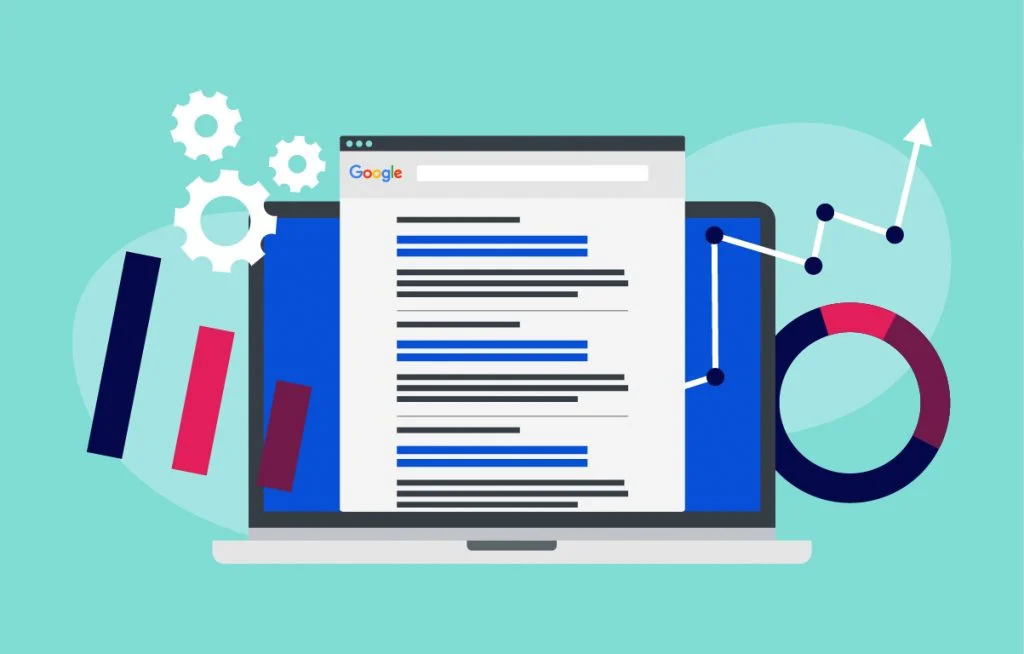As a content marketer or the owner of a website, you need to understand Search Engine Optimization (SEO).
Search engines employ complex algorithms to index and rank pages. In addition, they pay attention to user behavior as well as quality backlinks which establish authority.
Learning SEO may seem challenging, but understanding its fundamentals will enable you to expand your online visibility.
Keyword Research
At the core of all SEO practices lies an in-depth knowledge of what searchers are searching for online. This understanding drives organic traffic to websites, making them more discoverable and relevant to potential customers. A strong keyword research strategy can reveal insights into what queries your target audience uses when they search, giving you the power to tailor content specifically to match their needs and objectives.
Thorough research can help you select both primary and latent semantic keywords to capture what people are searching for, as well as dig deeper into search intent, such as whether they want general information or specific products. If your content can meet this goal, its chances of ranking higher in SERPs and turning visitors into customers increase considerably.
Keyword research is an integral component of SEO and content strategy. Without it, you cannot hope to rank for any relevant searches and drive organic traffic.
On-Page Optimization
SEO involves editing HTML elements and content so as to maximize visibility within search engines. Internal links that point directly to relevant pages allow search engine bots to easily find this information.
Title tags and meta descriptions of web pages are of paramount importance in terms of on-page optimization, as these elements inform search engines about what the page is about and may have an impactful influence on its SERP rankings.
Doing it right can greatly enhance click-through rates in search results, leading to more traffic and conversions. Other on-page optimization practices that can boost this process include using keyword-rich content across your site and developing value propositions for each page; internal linking helps spread PageRank among pages on your website while decreasing bounce rates; finally, keyword tracking software and analytics tools provide data visualizations and granular insights that aid this process.
Off-Page Optimization
Off-page optimization refers to any strategies or tactics implemented outside your website in order to boost its rankings in search engine results pages (SERPs). Although various techniques exist for off-page SEO, backlink building remains one of the most prevalent.
Off-page optimization aims to make search engines and users perceive your website as more relevant, trustworthy, and authoritative – this may involve receiving links from other websites, brand mentions in other places online, social shares of your content being distributed across various social networks etc.
One effective strategy for off-page optimization is finding broken links on other websites and offering to replace them with links leading to your site, helping reduce their number of 404 errors while simultaneously giving you valuable backlinks. You could also look for resource pages on other websites which list useful links and offer to have your links added there as well.
Link Building
An effective SEO strategy relies on having an effective link building plan in place. There are various techniques you can employ such as guest blogging, creating useful tools and email outreach that can assist with this endeavor; but remember not all links are equal – make sure that only high quality links which help with optimization are acquired.
Make sure that the links actually relate to your content, such as having links on unicycle-related sites as opposed to being placed directly within relevant information regarding The Paleo Diet.
Importantly, it’s also crucial that you avoid manipulating link building strategies as this will eventually get detected by Google and lead to penalization for your site. Instead, focus on organic link generation that will benefit both your business and users alike.

